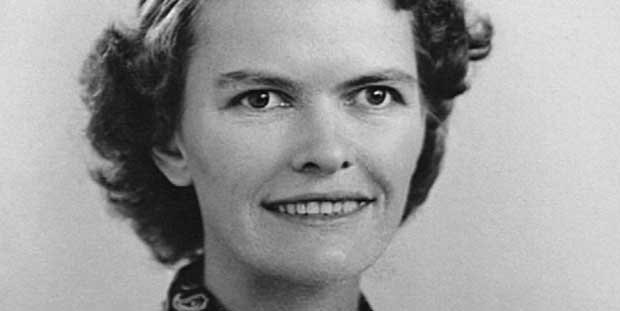Why are puzzles so important for a child’s math education? We get this question a lot at the Julia Robinson Mathematics Festival, especially because many of our puzzles are not overtly tied to the curriculum or real-world applications. We’ve come up with many different answers to this question over the years, but the best answer I’ve heard so far for this question came from my personal trainer at the gym.
I started going to the gym for the first time at the beginning of this year, and to make sure I stuck with it, I hired a personal trainer. My personal trainer helps me come up with my workout schedule, and I noticed that he would go to great lengths to ensure that each week looked different from the last. The pattern-loving side of me immediately found this uncomfortable, because I saw the opportunity to schedule the same workout on the same day of the week: arms on Mondays, legs on Tuesdays, back on Wednesdays, etc. There was an elegance to this kind of repeated, habitual pattern.
When I asked my personal trainer about this, he gave me a great answer. “Your body’s smart: if you have a pattern in your workout schedule, your body will get used to it. It won’t need to work as hard because it’ll be prepared for the workout. To get the best results, you always want to give your body something new and unexpected to push through.”
It was a short exchange, but it stuck with me for the rest of the day. After replaying this conversation a few times, I realized that that was the same reason why I love math puzzles.
Math puzzles have simple-to-understand rules that make them easy to dive into, but their novel challenges push the limits of creativity. You don’t need years of formal math training or a high IQ to develop new ideas or find creative ways to repurpose an old thought.
A new math puzzle is the mind’s equivalent of trying out a new machine or learning a new exercise at the gym — and so many children are missing this “workout” from their math education.
Many students know math as the subject of repeating the same task over and over. Even adults who love puzzles tend to stick with their favorite, like Sudokus or Crossword Puzzles. But as my personal trainer would put it, your mind’s smart: if you only do the same thing over and over again, it’ll get used to it. To get the best results, and to truly improve your problem-solving and critical thinking skills, you always want to give your mind something new and unexpected to push through. My favorite way to do this is with a new math puzzle. What’s yours?
Learn more about math puzzles:
Photo credit: Amanda Kowalski and Lexey Swall, © MSRI




